UNSC discusses Western Sahara after Trump's deal with Morocco
The United Nations Security Council (UNSC) has been briefed about Western Sahara after US President Donald Trump's recognition of Moroccan "sovereignty" over the disputed region as part of a normalization deal between Rabat and the Israeli regime.
The council briefing had been requested by Germany and happened behind closed doors on Monday.
"There are no major operational changes from our part," UN spokesman Stephane Dujarric said before UN Assistant Secretary-General for Africa Bintou Keita and Colin Stewart, the head of a UN peacekeeping mission in Western Sahara, briefed the UNSC.
"Our position on the announcements regarding Western Sahara is unchanged and... we continue to believe that a solution can be found through dialog based on the relevant Security Council resolutions," he added.
Earlier this month, Trump, who is due to leave office on January 20, agreed to recognize Moroccan "sovereignty" over Western Sahara, abandoning longstanding US policy on the region.
Morocco agreed in return to join the list of Arab states that have normalized ties with Israel.
Morocco became the fourth Arab country — after the United Arab Emirates (UAE), Bahrain, and Sudan — to normalize ties with the Israeli regime since August. The normalization deals have been condemned by all Palestinian factions as a betrayal of their cause.
Morocco annexed the vast Western Sahara region, a former Spanish colony, in the 1970s and has since been in conflict with the Algeria-backed Polisario Front, a movement that seeks to establish an independent state in the territory and end Morocco's presence there.
Morocco is currently in control of 80 percent of the region, including its phosphate deposits and fishing waters.
The UN has deployed a peacekeeping mission, the MINURSO, to the region to monitor a 1991 ceasefire and to supposedly organize a referendum on the region's status.
Washington had backed the ceasefire between Morocco and the Polisario Front.
US President-elect Joe Biden will face a decision whether to maintain or reverse the decision to recognize Moroccan "sovereignty" on Western Sahara. No other Western country has offered such recognition.
After the council briefing, South Africa's UN Ambassador Jerry Matjila said "decisions contrary to multilateral collective decisions must be discouraged and unequivocally disregarded," without naming the US.
"We believe that any recognition of Western Sahara as part of Morocco is tantamount to recognizing illegality as such recognition is incompatible with international law," he told reporters.
Iran’s iron and steel exports up 27% y/y in Apr-Dec
Sudan is scene of 'horror and hell': UN rights chief
Scottish leader vows another independence vote if his party wins in May
Israeli forces, settlers burn homes, shut schools in attacks across West Bank
Intelligence Ministry: 300 ringleaders of foreign-backed riots arrested across Iran
Iran begins easing bans on global internet
Pezeshkian: Any attack against Leader ‘full-fledged’ war with Iranian nation
VIDEO | 30 tons per capita: Gaza faces rubble crisis


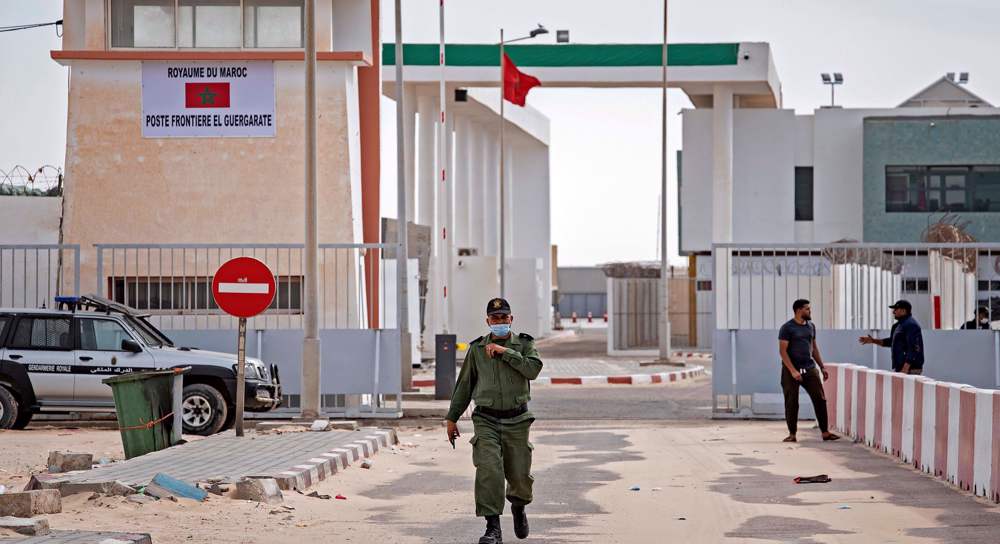

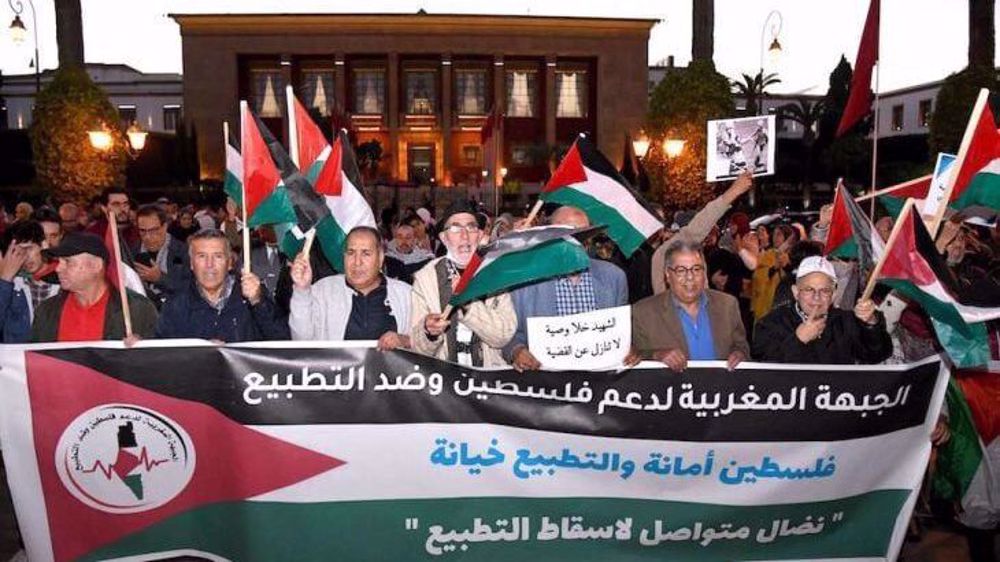
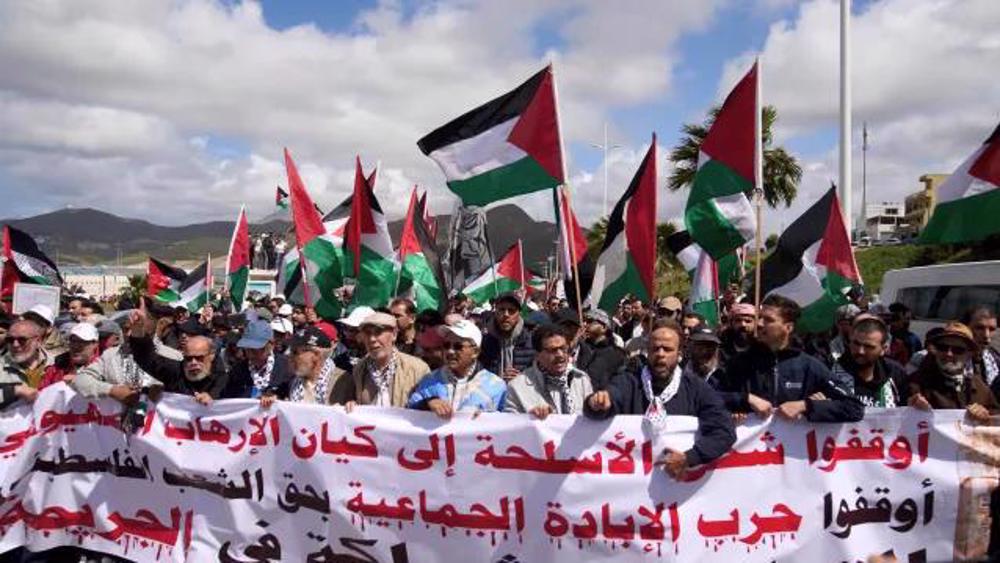
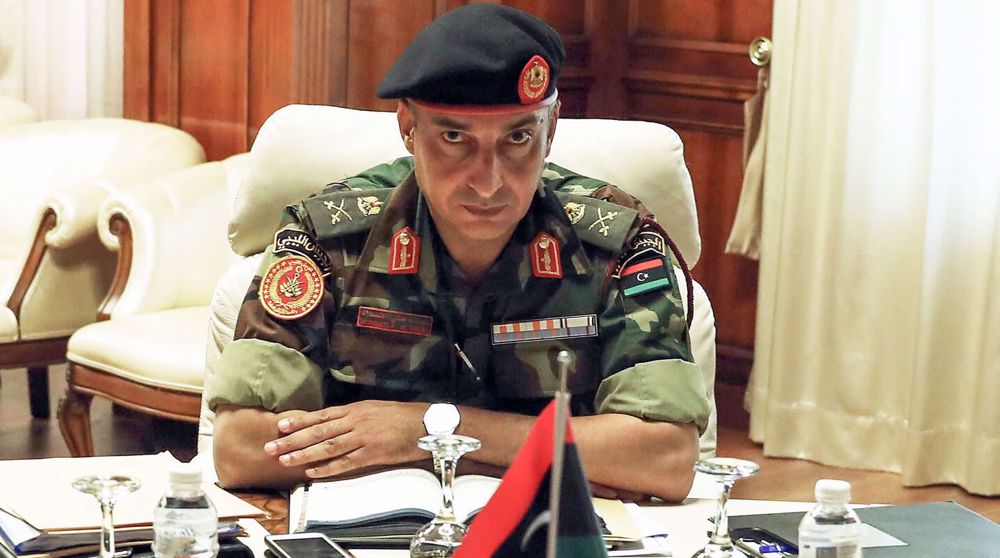



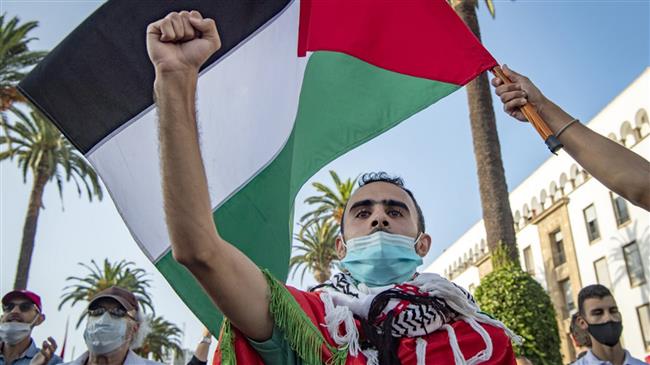
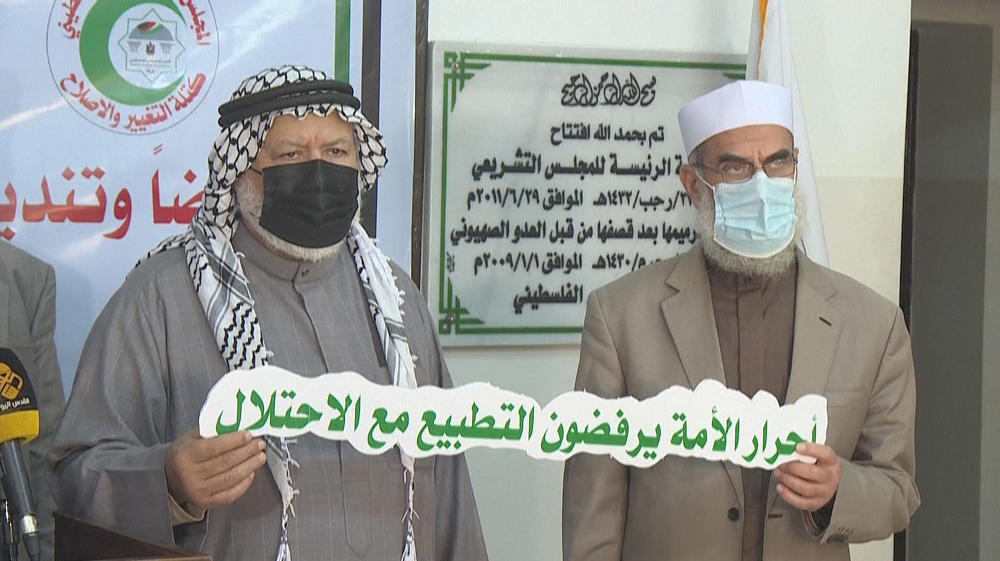
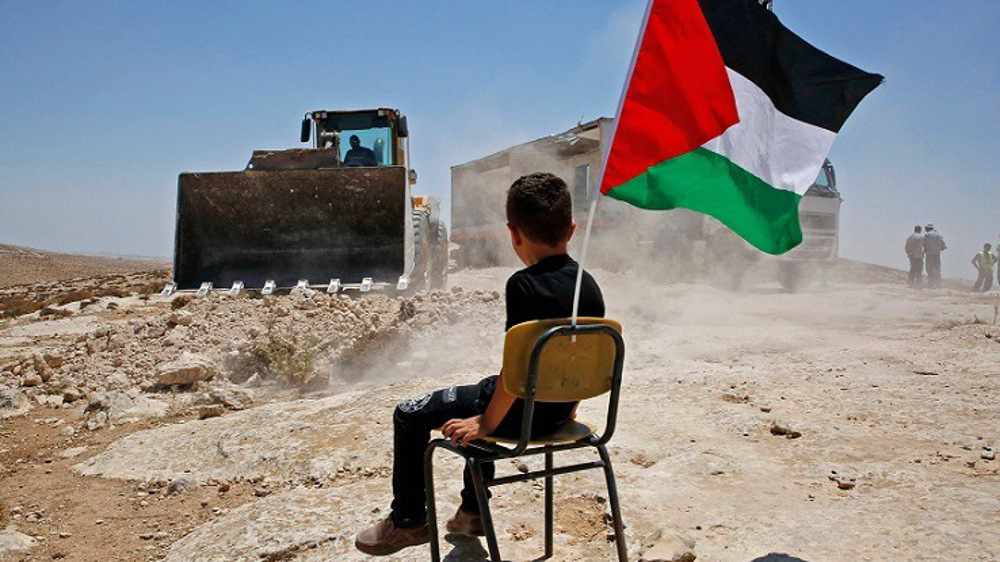
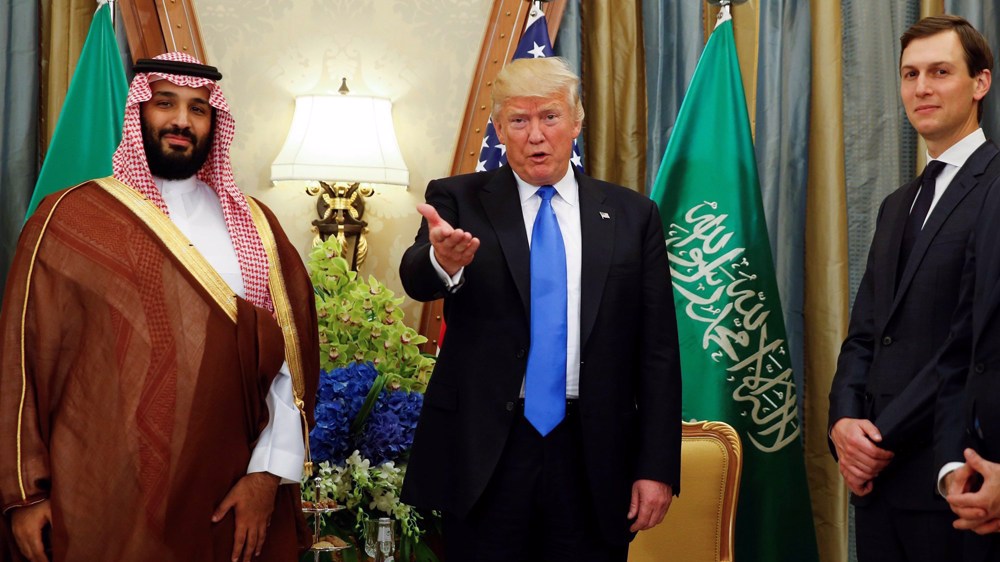
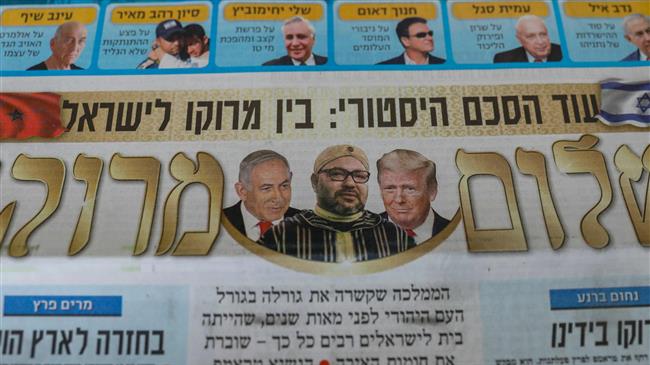
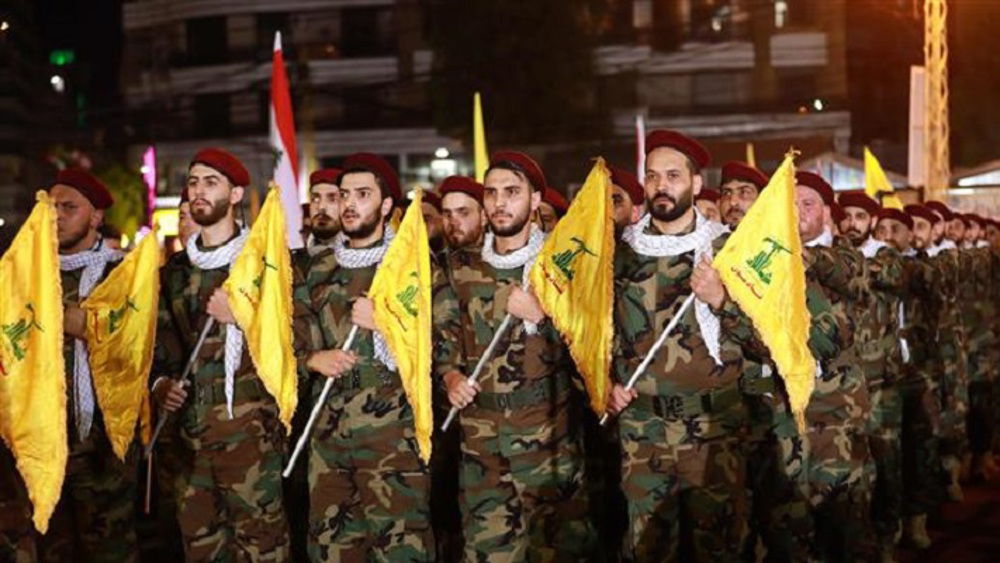
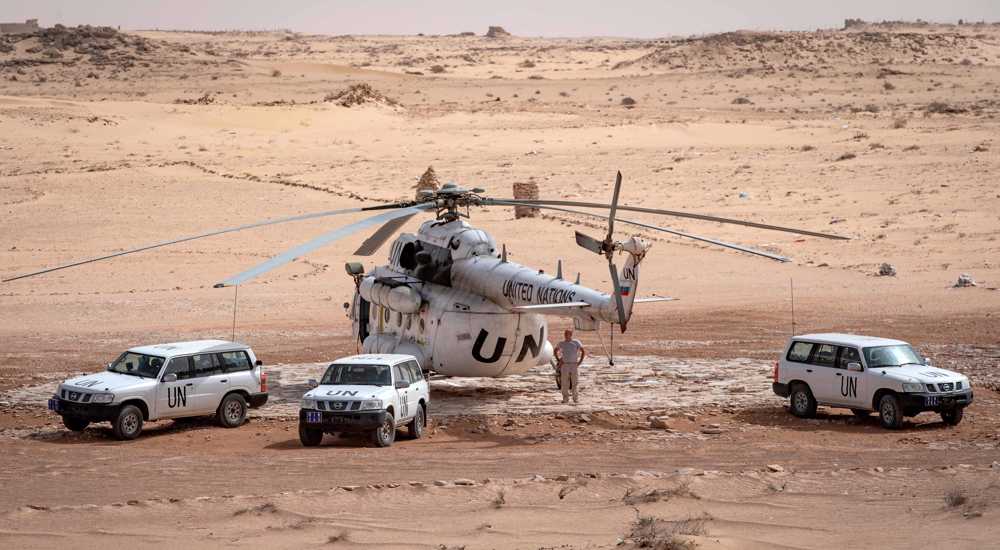

 This makes it easy to access the Press TV website
This makes it easy to access the Press TV website